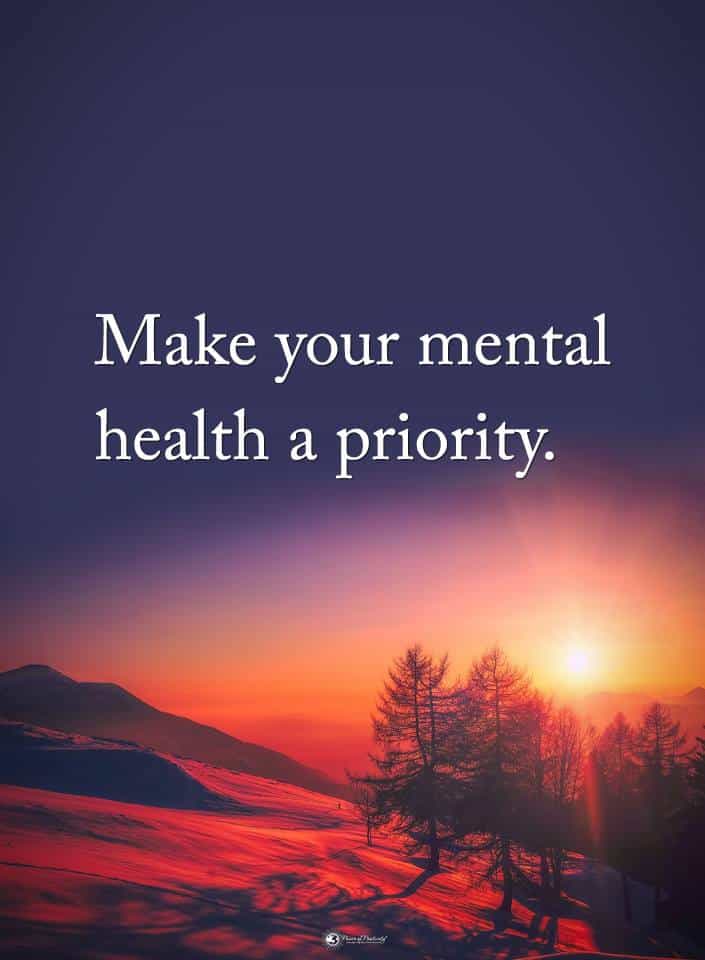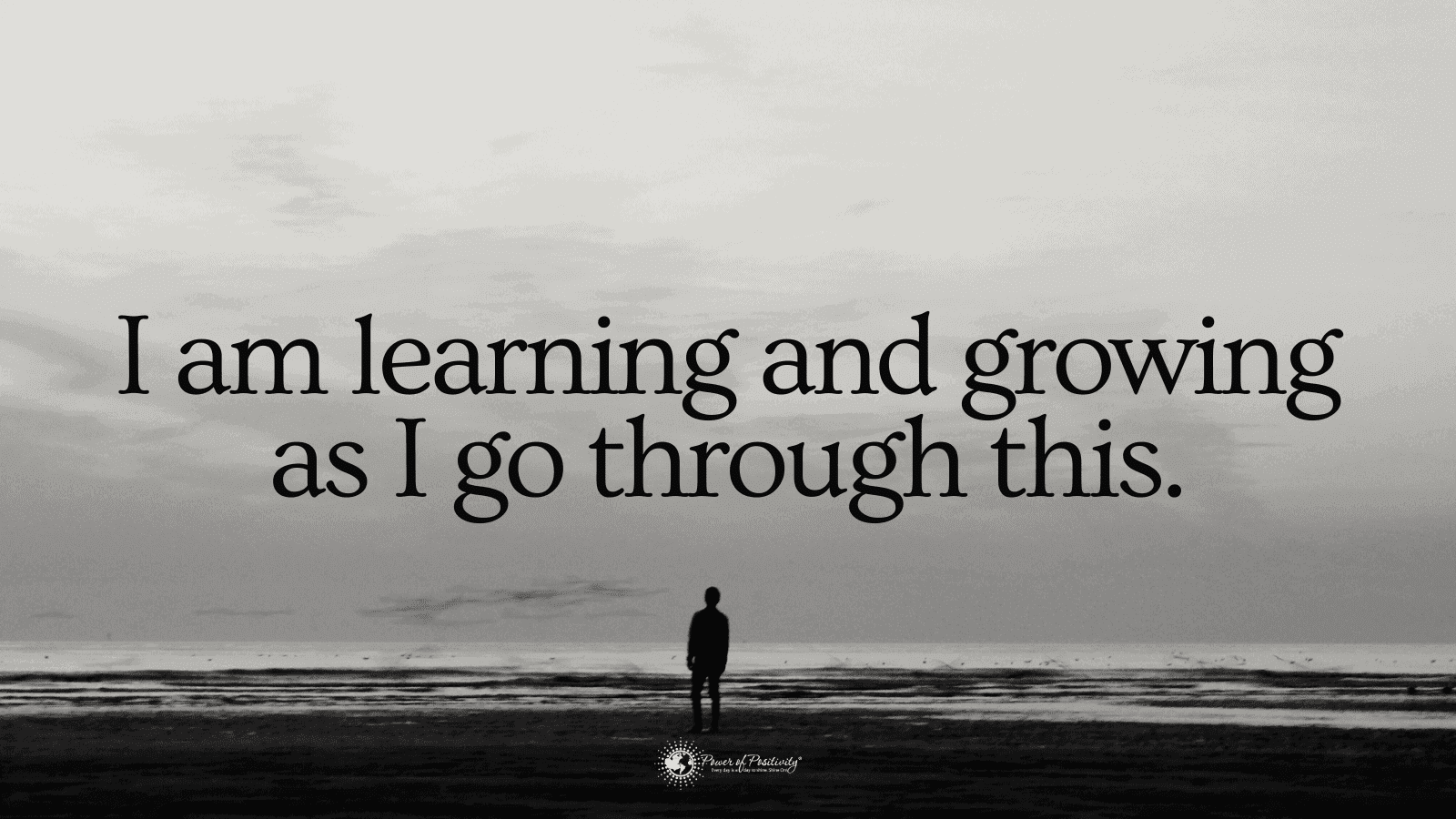When someone overcomes depression, there is always a risk that they will have a depression relapse. When a relapse occurs, there are usually warning signs to indicate that it is happening. The sooner you notice the signs, the sooner you can help the person before it spirals.
A depression relapse can occur at any time after the initial episode, but it typically happens within five years. The feelings and behaviors that accompany depression can interfere with a person’s personal and professional life. If you notice someone in your life isn’t acting like themselves, depression could be the reason.
Knowing the signs of a depression relapse can help you identify it in those around you. Just over 7% of adults in the United States suffer from depression, so it is not entirely uncommon. Of those that have experienced depression before, around 29% experience a depression relapse.
Twelve Signs Someone Is Going into Depression Relapse
The more often depression relapse occurs, the more common it will become in that individual. You can use the number of depression episodes they have had to help determine if that might be an issue now. Along with that, watch for these signs someone is going into depression relapse.1. They Have Trouble Concentrating and Seem to Move Slower
If you notice that someone has difficulty concentrating or moves slower, it could be due to depression relapse. With all of the distractions and brain fog that come with depression, they find it hard to think. It can become so difficult to concentrate that even holding a conversation seems like too much.
Additionally, they might not do their job as well as usual because they are thinking more slowly. Depression affects memory, too, since the thinking process is slowed down. Concentration isn’t the only thing that slows down, though, because they might move slower, too.
If the person is moving slower than normal, it could be because of a relapse in depression. Whether they are walking or writing, they will seem to be moving slowly. Plus, their reaction times won’t be as fast, either, and they might speak more slowly.
2. They are Unusually Indecisive
Someone that is normally able to make decisions might become indecisive if their depression is coming back. Their inability to decide is sometimes due to a lack of motivation and recognizing the potential rewards.
Another reason they might be unable to make a decision is due to anxiety. People with depression often suffer from anxiety, as well, which makes it harder to make decisions.
3. They are Socially Withdrawn
If someone starts avoiding social situations, it could be because of depression. Being depressed often makes people feel like they don’t have the energy to uphold a conversation or enjoy themselves. If they haven’t been able to focus well, it could contribute to them avoiding social situations, too.
Sometimes, even if they attend social gatherings, they will still feel isolated, resulting in them leaving early. Then, the next time they are invited somewhere, they will turn it down to avoid that feeling.
4. They Experience Self-Loathing and Feelings of Worthlessness
When someone begins to feel depressed, they will feel worthless. They will criticize themselves and obsess over the things they lack while focusing on their mistakes and failures. Their self-esteem will plummet, and they will experience self-loathing.
One indication that this is happening is that they feel unworthy of anything good in life. They might feel like they don’t deserve their loved ones, job, or even their home.
A depressed person will experience feelings of guilt, too, even when they shouldn’t feel guilty. They often blame themselves for bad things that have happened, even if they couldn’t control it at all.
5. Their Weight Changes Suddenly
Depression often causes appetite changes, so if someone’s weight changes suddenly, it could be the cause. They might start binge eating or do the opposite and lose interest in eating entirely. If their weight fluctuates more than 5 percent in less than a month, it is a good indication of depression.
When someone once enjoyed certain foods and is no longer interested, it might indicate a depression relapse. They might also lack the effort to eat enough for sustenance.
On the other hand, they might begin eating everything in sight. The person might stop caring about eating nutritional food and binge on unhealthy options instead. Either way, a sudden change in eating habits and weight might signal a mental health problem.
6. They Lose Interest in Things That They Once Enjoyed
If someone is no longer interested in things they used to enjoy, it is a sign of depression. This loss of interest could be related to their relationship, hobbies, or methods of relaxation.
The things they once loved start to feel like a weight they must carry around. Engaging or participating will feel like too much effort to them, and it will seem like it isn’t worth it.
7. They are More Irritable Than Usual
One of the earliest signs of a depression relapse is irritability. When insignificant things set someone off, and they have no tolerance for stress, they are likely depressed. They will get into more arguments and seem angrier and more frustrated.
8. They Stop Taking Care of Themselves
Self-care isn’t always a priority for those suffering from depression. If someone that usually keeps up their appearance and takes care of themselves stops doing so, it could be a sign.
Not taking care of their appearance could mean that they start wearing things they usually wouldn’t. They might show up in dirty or wrinkled clothing or something that doesn’t fit properly. If they typically wear makeup or do their hair and suddenly stop without explanation, it is also an indication.
Additionally, not taking care of themselves in other ways is common for people with depression. As explained before, their eating habits might change. Plus, they might stop taking care of their hygiene and turn to negative forms of coping.
9. They are Constantly Gloomy
Being sad over losing a loved one, a job, or a relationship is normal, but being sad constantly is not. The person might cry, feel miserable, and even feel empty for an extended amount of time. It will affect their daily life and send them into a deep depression.
Sometimes they might not even feel sad, and it can be hard to put a name to the feeling. They will experience a low mood, a sense of hopelessness, or feel under the weather.
10. Their Sleeping Patterns Change
Depression can cause changes in sleeping patterns, but the changes vary for everyone. Some people will have trouble sleeping, while others might sleep too much.
A depressed person will lie awake at night thinking back on past events, regretting things they did or said. As they lie awake thinking negatively, the thoughts spiral and interfere with sleep.
Depressed people might wake up frequently during the night once they fall asleep. Sometimes, they will wake up and be unable to fall back asleep. Either of these experiences can cause them to feel a lack of rest during the day.
11. They Experience Constant Fatigue
Not only can depression make you feel exhausted, but the sleep issues that come along with it only make the problem worse. Between these two problems, a person with depression is sure to experience constant fatigue.
They won’t have the energy to do basic household tasks and tend to let daily chores go. The fatigue may become so bad that they don’t want to get out of bed in the morning, either. Even the simplest things will be hard for them to accomplish because they always feel worn out.
12. They Have Unusual Aches and Pains
Depression affects physical health and not only mental health. If someone has unexplainable and unusual aches and pains, they might be depressed. Their muscles might be sore, and they will get headaches, an upset stomach, limb pain, or chest pain.
They likely won’t experience pain in all of those areas at once. Instead, they will notice that the pain moves around the body, affecting different parts at a time. Sometimes, though, they will feel an aching sensation that seems to be all over their body.
Having these types of aches and pains is an indication that someone is depressed if they don’t usually experience this issue. The pain isn’t typically due to something being physically wrong. Instead, it is a side effect of depression that you shouldn’t ignore.
Final Thoughts on Signs Someone Is Going into Depression Relapse
Depression is hard to get through, and then there is always the worry of a depression relapse. If you recognize these signs in someone, reach out and see if you can do anything to help. Sometimes they need to know someone is rooting for them and wanting to see them pull through.
The sooner they get help to overcome the depression, the better off they will be. If the depression festers, then it can become worse and cause suicidal thoughts. When that happens, immediate help is necessary, such as contacting the Suicide Prevention Lifeline or going to a local hospital.

















 Community
Community

